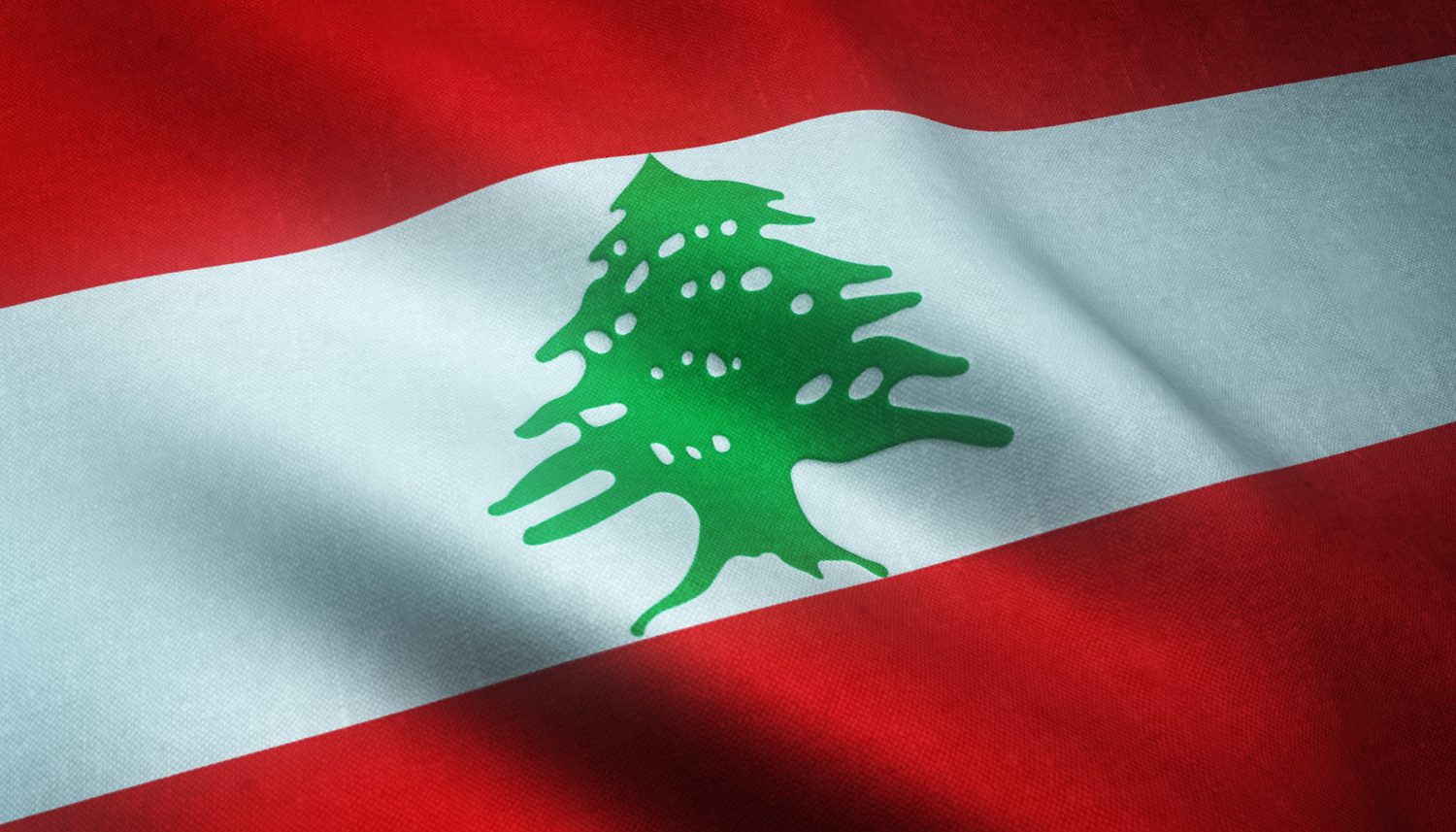In a recent statement, Prime Minister Najib Mikati has sought to calm rising concerns over the significant violence in Lebanon’s largest Palestinian refugee camp, Ain Al Hilweh. He insisted that top security officials believe the situation “does not call for concern or panic,” though acknowledged there had been “significant progress” in halting the clashes that have rocked the camp since late July.
The violence, particularly severe in recent weeks, has resulted in the displacement of approximately a quarter of the camp’s residents. At least 13 people have died, and occasional stray bullets have even reached areas outside the camp. Despite a ceasefire being called, it has repeatedly been broken, fuelling further unrest.
Mikati hinted that the Lebanese army could be deployed if the situation escalates further, expressing in a phone call with Palestinian President and Fatah leader Mahmoud Abbas that the army would “play the required role” in ending the clashes.
In the midst of this turmoil, two of Lebanon’s most influential political figures have expressed confusion at the travel warnings issued by some embassies. Leading figure in Lebanon’s Druze community, Walid Joumblatt, stated after a meeting with Parliament Speaker Nabih Berri that they “do not understand… the fears expressed in the embassies’ press releases.”
Saudi Arabia, the United Arab Emirates (UAE), and Kuwait have urged their citizens to leave Lebanon. The Kuwaiti Embassy in Lebanon also urged Kuwaiti citizens to avoid conflict areas, and the UAE’s Ministry of Foreign Affairs reminded citizens of an existing ban on travel to Lebanon.
According to the United Nations Relief and Works Agency for Palestine Refugees in the Near East (UNRWA), the Ein El Hilweh Camp conflict has seen 12 deaths and 50 injuries. Lebanese Interior Minister Bassam Mawlawi declared yesterday that measures have been implemented to maintain security, emphasizing that security violations and endangering lives will not be tolerated.
Despite these travel warnings, the head of the Federation of Tourism Syndicates in Lebanon, Pierre Al-Ashqar, asserted that nothing has changed in the country’s tourism landscape following the embassy advisories.
The situation in Ain Al Hilweh continues to be volatile, reflecting the often-complex relationship between Lebanon and Palestinian factions. The Lebanese Armed Forces usually avoid entering the camps as part of a long-standing agreement with Palestinian security.
The country now finds itself in a precarious situation, where addressing the violence and reassuring both citizens and foreign nationals becomes paramount. With international eyes on Lebanon, the next steps taken by the government could prove crucial in stabilising the situation and preserving both national and regional security.
Image Credit: wirestock – www.freepik.com



















